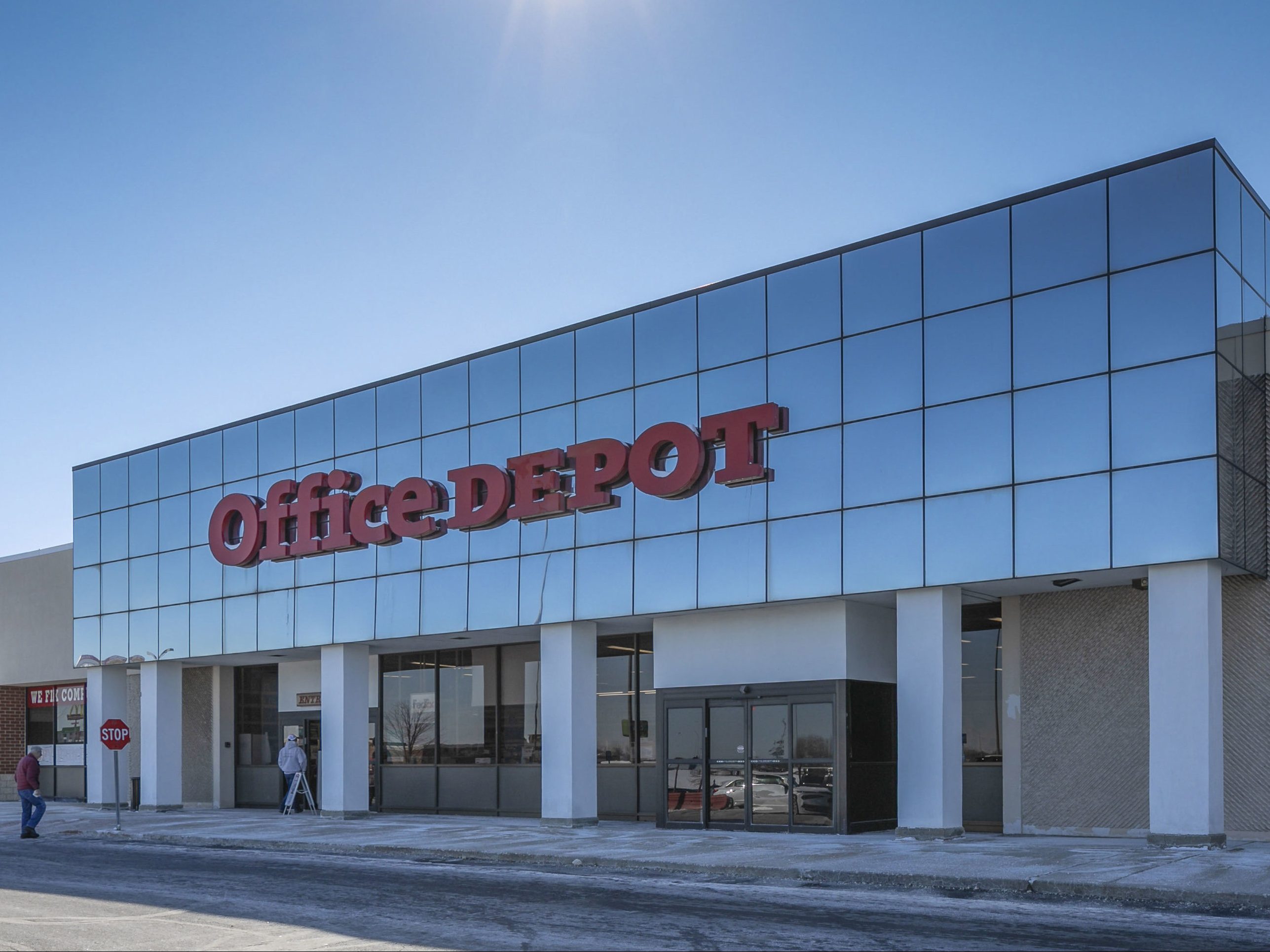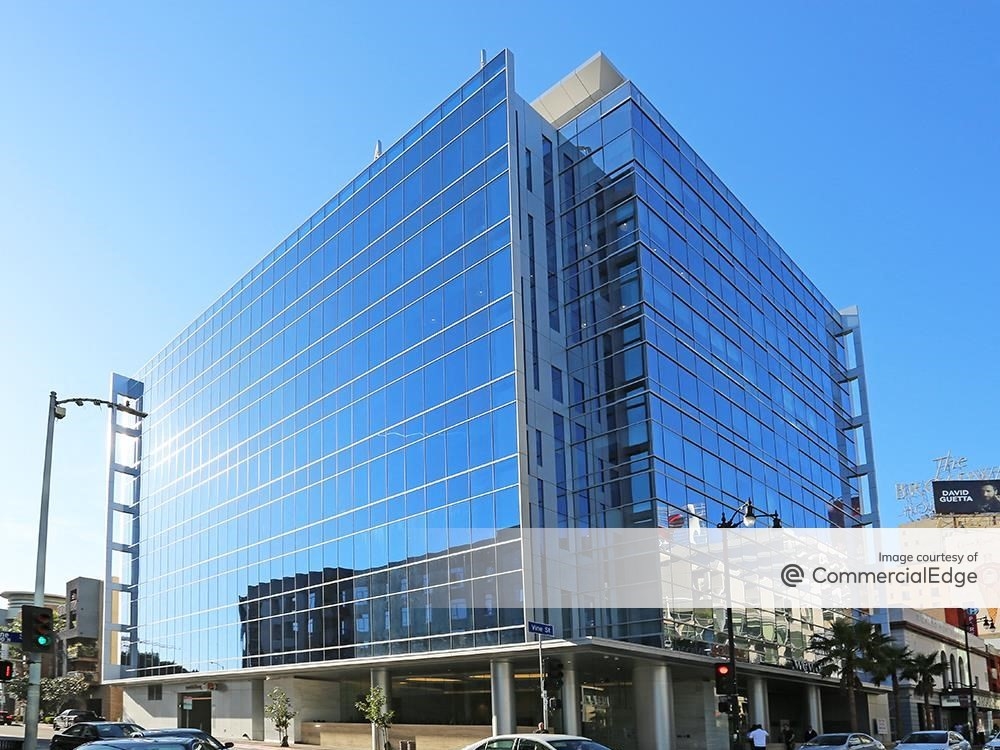Mixed-Use Owners ‘Squeezed’ by COVID-19 Fallout
While residential rent collections have fared well, retail spaces at multi-use properties tell a different story.
Real estate assets across nearly every sector have been impacted on some level by the coronavirus pandemic. But with mixed-use properties, the hit is coming from more than one angle, causing more headaches and hardship for owners.
“A lot of owners are getting squeezed from a variety of directions,” said Deborah Riegel, a real estate attorney at law firm Rosenberg & Estis in New York City, pointing to residential buildings with ground-floor retail space in particular.
Data from the National Multifamily Housing Council showed that April rent collections nationally hit 92 percent, much higher than many in the multifamily industry had anticipated. However, some owners are finding they didn’t come out completely unscathed.
READ ALSO: Pandemic Unlikely to End Construction in 2020
During a webinar hosted by NMHC April 22, Bell Partners President Lili Dunn said occupancy and rent collections at her firm posted strong numbers last month, around 95 percent, but retail space within their communities showed a much different outcome.
“Our ancillary retail space within the apartment community has been hit very hard and is quite a different story,” said Dunn.
Retail has been one of the hardest-hit real estate sectors since stay-at-home orders went into effect in mid-March. Major clothing retailer J.Crew just announced it was filing for bankruptcy early this week, with other retailers expected to follow. According to recent data from Moody’s Analytics, retail rents are forecasted to fall by 11 percent by the end of 2020.
While some restaurants have been able to continue operating by offering takeout and delivery only, many other retail services have been forced to close. Smaller owners are more likely to be vulnerable during this time, especially without a major national retailer within one of their properties.
“I think that any property that has a retail component to it that has non-credit tenancy is definitely going to be impacted,” said Kevin Welsh, an executive managing director of Newmark Knight Frank’s investment sales division in New Jersey. “I can’t even imagine a mixed-use property with a hotel, because hotels are probably the worst asset class right now.”
Long-term, the mixed-use properties that will fare the best will be those that are more heavily weighted toward multifamily, are in strong locations with “real walkability” for residents and have cultivated a sense of community.
“I think longer term, people are going to be starving for community,” said Welsh. “We’ve been so isolated. And those mixed-use properties will lend themselves more so than ever to community.”








You must be logged in to post a comment.